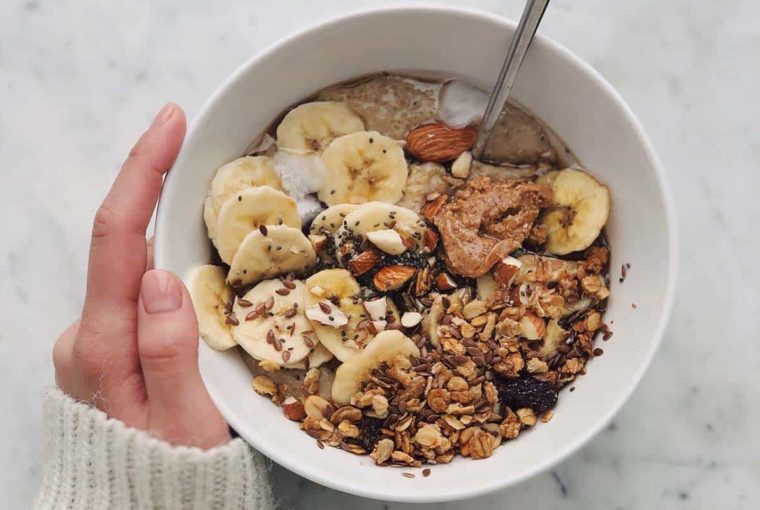One of the most grueling aspects of preparing for a new career is testing. Most people experience some type of anxiety about tests, and this excessive stress can be harmful in many ways, like the risk of reducing your test scores. You can use a well-nourished, planned diet to improve your focus while also reducing some of the negative emotions associated with testing.
Eat Your Omega-3s From Fish, Seeds, Or Nuts
Omega-3s are essential for quality brain functioning, focus and can help prevent and manage heart disease. People who take an omega-3 supplement or eat foods high in this vitamin will experience lower blood pressure, reduce triglycerides and reduce plaque in the arteries.
It’s common knowledge that fish is one of the best sources of omega-3s, but did you know that seeds and nuts actually provide more of this vitamin per gram? For example, salmon, the highest source of omega-3 content in meat, provides 1.24 g of DHA per serving, but flax seeds provide 6.703 g of ALA (convertible to DHA) per serving.
Eat Dark Veggies And Fruits For Antioxidants
Taking the MCAT exam is tough, and while prep courses can really help you pass and score higher on your exams (read more here), indulging in tasty dark veggies and fruits may also provide a significant benefit and keep you focused for longer. For example, they’re packed with antioxidants which can help improve eyesight and boost your memory. In the medical world, the darker a fruit or vegetable is, the healthier they are for your physical and mental health.
One of the most popular fruits that you can consume for an antioxidant kick is blueberries, and buying a frozen bag of these and thawing them to put in your oatmeal is the perfect combination of protein and fruit to start your day. You can also get plenty of antioxidants from red beans, black beans, pinto beans, artichokes, prunes, apples, and pecans.
Eat Complex Carbs Like Beans And Whole Grains For Sugar
Wait, isn’t sugar bad for you? Yes, in some cases, sugar can be incredibly detrimental to your health. However, we aren’t recommending you eat simple sugars like sodas or candies. Complex carbs like beans, fruit, whole grains, and legumes will actually improve stamina.
Our body and brain run off of carbs, and most doctors recommend that the majority of our calories should come from this source. Potatoes, whole grain pasta, steel-cut oats, beans, raspberries, and bananas are all healthy for you to consume and help fuel your body. You’ll want to stay energized during that 1-2 hour test!
Lean Proteins Like Chicken, Peas, Lentils And Pumpkin Seeds
Not all proteins are built equally, and some meat products end up putting too much stress on your body, which harms your focus. It’s best to avoid fatty meats like steak or pork before a test (unless you trim the fat) and instead indulge in leaner meats like chicken and turkey.
Many other sources of protein are often overlooked and don’t come with the negating heart effects of cholesterol. You can get a significant amount of protein from lentils, chickpeas, soy, walnuts, hemp hearts, and peas. If you’re looking for a lighter protein that won’t make you feel tired after a meal, stick to the leanest proteins possible.
Water And Water Containing Foods
Although water isn’t a food, proper hydration is still incredibly important for brain function. You should keep a water bottle by your side at all times of the day to remind yourself to drink frequently. Just don’t drink too much, or you’ll have to pee during your tests!
You can also eat foods that contain a lot of water to receive a similar effect. Foods high in water include cucumber, watermelon, pineapple, lettuce, tomatoes, blueberries, celery, cantaloupe, grapefruit, and pears. Eating fruits and vegetables will also keep you hydrated throughout the day, so add a fruit salad to your diet!




